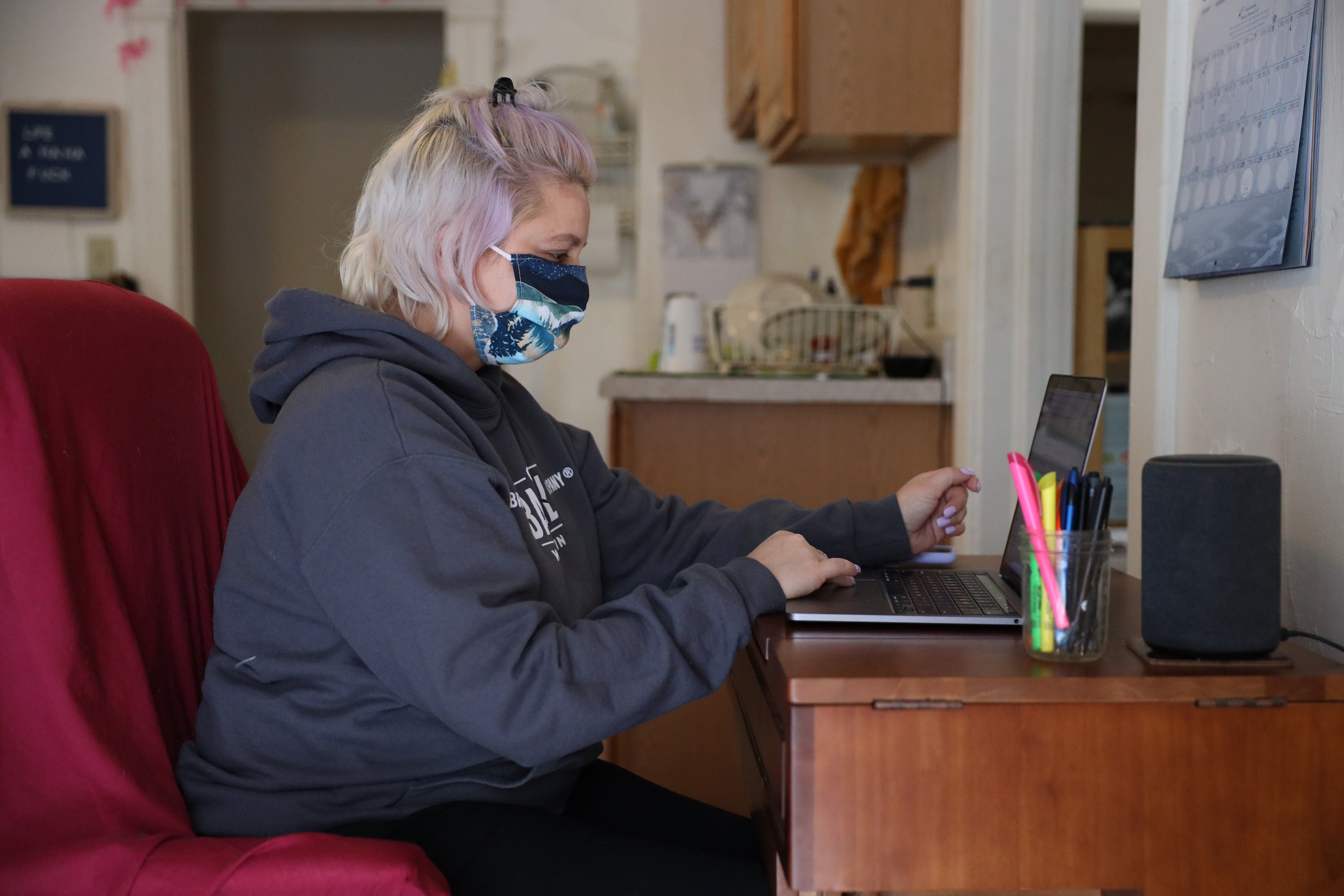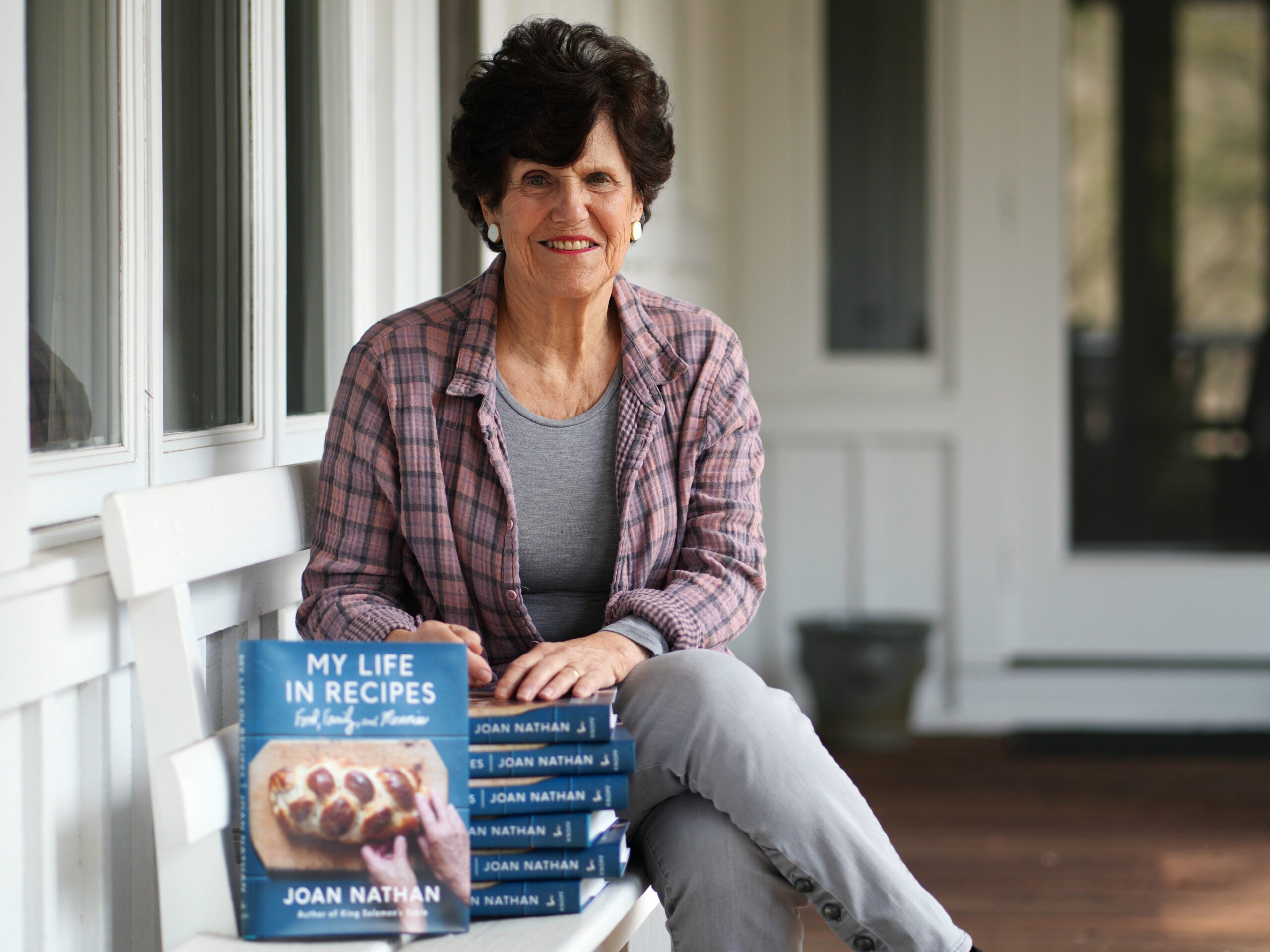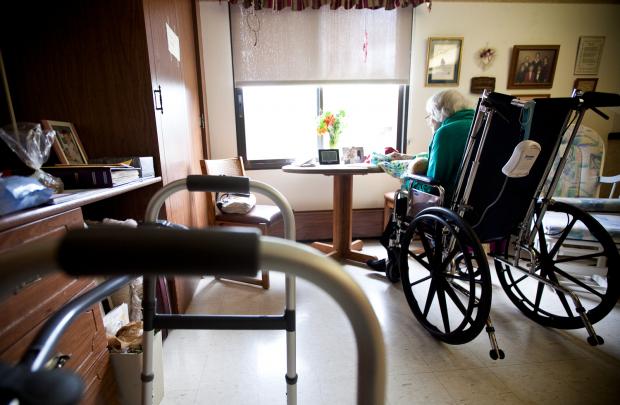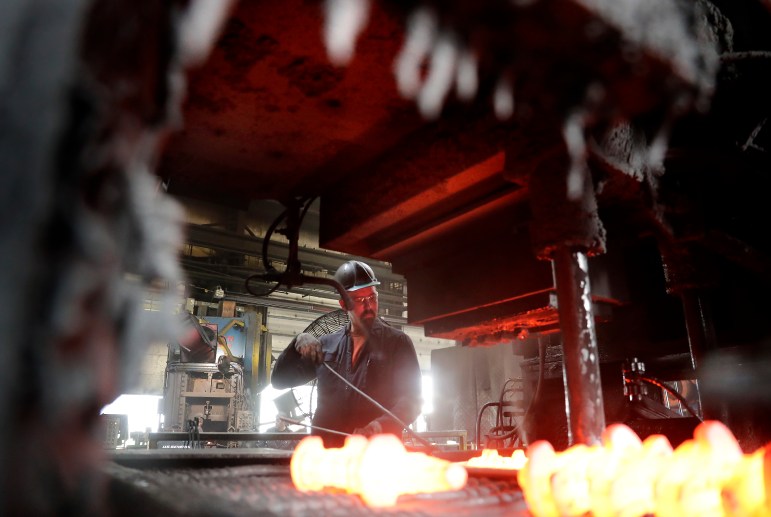When Madison bartender Amy Moreland was first laid off in mid-March of 2020, she expected to be jobless for a few weeks, maybe a month. She had no idea the COVID-19 pandemic would rage for so long.
“I don’t think anybody knew, really,” she said.
One Barrel Brewing briefly rehired Moreland during the summer when it opened to outdoor seating. But winter’s arrival triggered another layoff.
Stay informed on the latest news
Sign up for WPR’s email newsletter.
“There’s just not very much hiring right now,” she said.
Moreland has since relied mostly on state unemployment insurance — an aid system she and thousands of others have struggled to navigate. She spent nearly two months last spring waiting for the state to deliver extra CARES Act relief she was owed. And the Wisconsin Department of Workforce Development has since placed a months-long hold on her account due to a problem verifying her identity, she said.
With few prospects for a new service industry job, Moreland began pursuing a new career. She enrolled at Madison College, aiming to earn a degree in social work.
Starting over felt bittersweet, considering her trajectory before the pandemic: She planned to build a service industry career and had just accepted a promotion to events coordinator.
“I do really love working in the service industry, I mean, I’ve done it for 15 years,” she said. “I love working hard and … you make the amount of money based on how hard you work.”
Moreland isn’t sure when — or if — that industry will fully spring back to life in Madison. So, she’s moving on.
Moreland began online classes in January. She hopes to use a degree and her life experience to become an addiction counselor. The self-described recovered alcoholic says the pandemic has offered her new perspective on sobriety.
“It’s been even really hard for me, because this time has been so stressful, and just honestly so sad,” she said.
“I’m trying my best,” she added. “I just want to help people and help people try their best.”
Still, the rollout of vaccines has offered fresh hope that the pandemic will eventually end.
“It’s a scary transition,” she said. “Maybe brighter skies are ahead.”
Outbreak Wisconsin is a collaborative project by Wisconsin Watch and WPR following Wisconsin residents as they navigate life during the coronavirus pandemic. The residents will contribute diary entries, in the form of audio, video, text, drawings and photos of themselves, their families and personal and professional lives. That content will be supplemented by interviews and digital content to provide a full picture of how the pandemic is affecting all aspects of life in Wisconsin.





